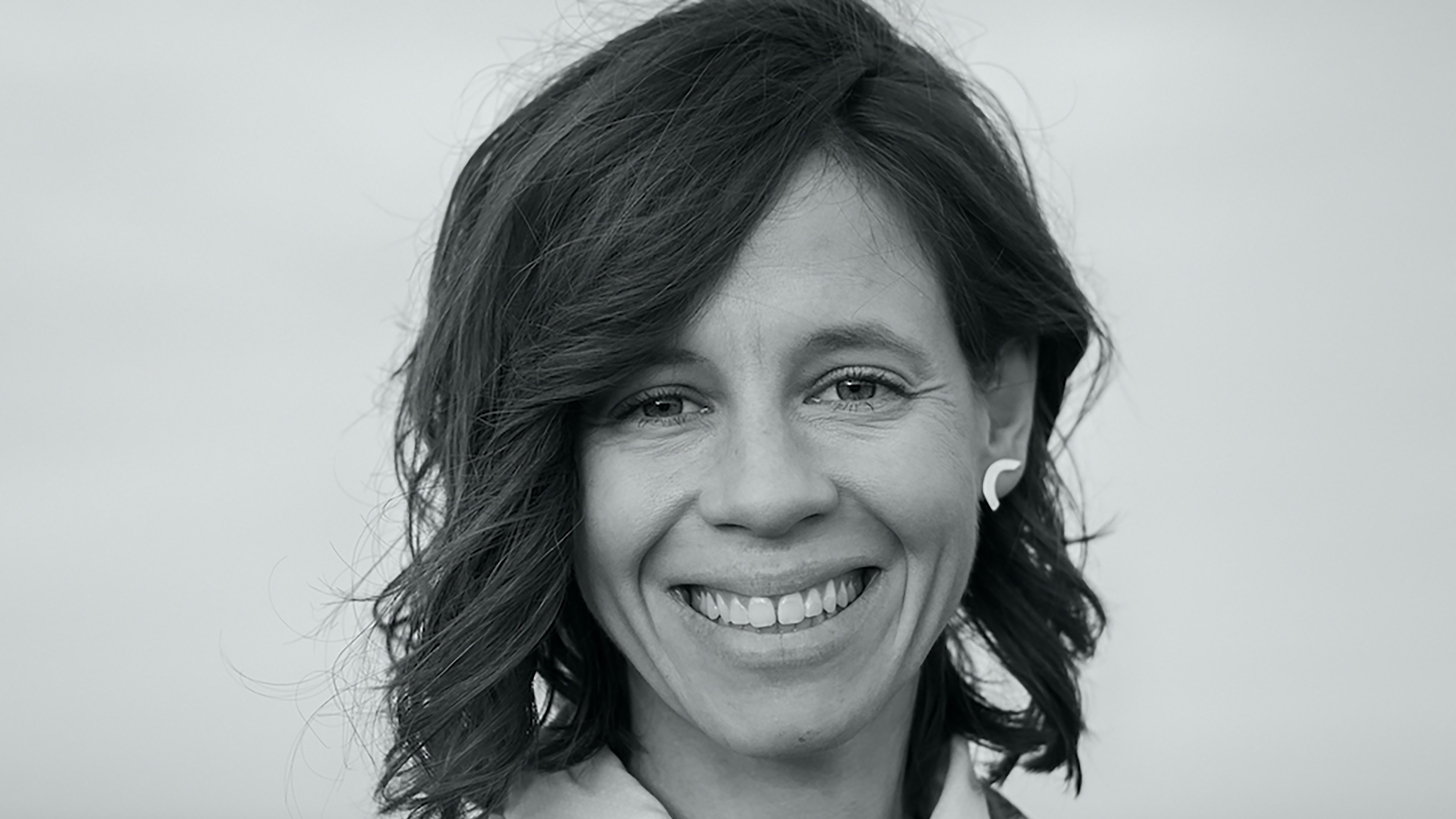Spotlight: Dr. Cory Struthers
Office of Sustainability
Monday, August 2, 2021
UGA Faculty Spotlight: Dr. Cory Struthers
Dr. Struthers is an Assistant Professor in UGA's School of Public & International Affairs, Department of Public Administration and Policy. Her research concerns how political institutions and rules shape the incentives and decisions of elected officials and bureaucrats, focusing on the politics of climate change and the environment in American and comparative contexts. (You can learn more about Dr. Struthers here!)
What inspired you to teach a class that involved sustainability?
I was inspired to teach classes on sustainability in two ways. First, through my PhD in Political Science, I realized how volatile politics are – for better or worse, political parties evolve, election cycles spin ideas and people through the policy process, administrations turnover, and public attention is shifting constantly. These everchanging governance dynamics can limit long-term (historical and future) perspectives and continuity in government decision-making and therefore make it difficult to adhere to principals of sustainability in policy. Understanding this relationship and how to navigate it (instead of being frustrated by it) is important for students who may directly or indirectly interface with politicians and administrators. My second inspiration comes from working, studying, and living in places where the impacts of unsustainable practices are routinely experienced. Although many of my prior encounters with the consequences of unsustainability took place elsewhere, the impacts of fossil fuel consumption hit close to home when my family was (and continues to be) affected by major wildfires and smoke events every year in California. Firsthand experience can be very motivating!
Why do you feel it is important to teach your students about issues related to sustainability?
While I recognized the lack of long-term promise in many of the policy decisions I cared about in college, I never had the words or frameworks to understand and explain unsustainability, articulate the importance of sustainability, and accept its complexity. In the circles I ran with, development and economic growth received more attention and seemed more valued than other priorities such as protecting the environment, public health, and future resources. Right now, there’s a general sense of hopelessness among young people due to massive and cascading problems like the pandemic, climate change, racism, and inequity. Understanding what sustainability is and how to practice it as a private citizen and future member of the workforce can be really transformative and relieving. It provides a hopeful path forward despite all the doom and gloom.
What do you hope for a student to take away from your class?
First, I hope they take away that complexity is okay and a good thing. Oftentimes complexity is treated as a problem characteristic that is impossible or very hard to solve (the most complex issues even referred to as “wicked”). But complexity is everywhere, across our natural and social world; it’s a defining feature of our planet and it’s awesome! Learning how to accept, think about, and manage complexity is the goal; students shouldn’t be afraid of it. Second, I want them to learn sustainability is adaptive. We’re largely socialized to think in linear terms (e.g., we do A then B and that get’s us C) but that’s not how the world works - there are all sorts of intervening factors that change those relationships and our systems of policy and public management need to be nimble enough to respond to them. Even researchers who study climate change and other sustainability issues still struggle with this issue, and this is an area where we need young people’s innovation and perspectives. Finally, and most importantly, I hope my classes help students dismantle their preconceived notions about who people are and what they believe. The policy (especially environmental policy) world is full of examples that don’t comport with the boxes we create for our fellow humans. There are, for instance, conservatives who support moving away from fossil fuels and progressives that advocate against wind farms. Understanding just how diverse people’s values are and avoiding assumptions helps us build bridges across political ideologies and belief systems, and makes achieving sustainability that more likely.
